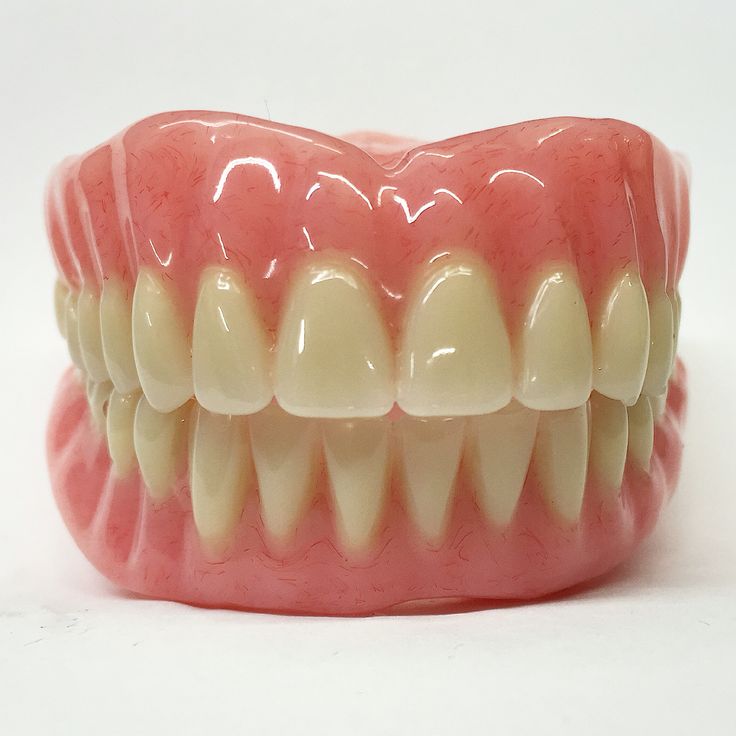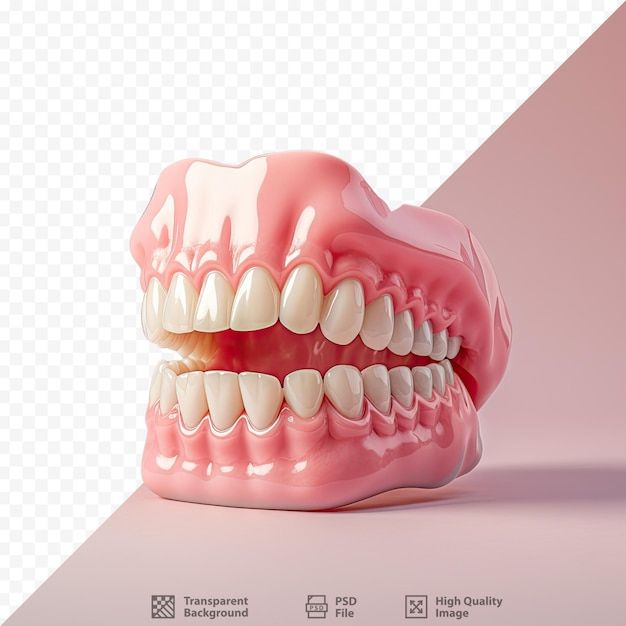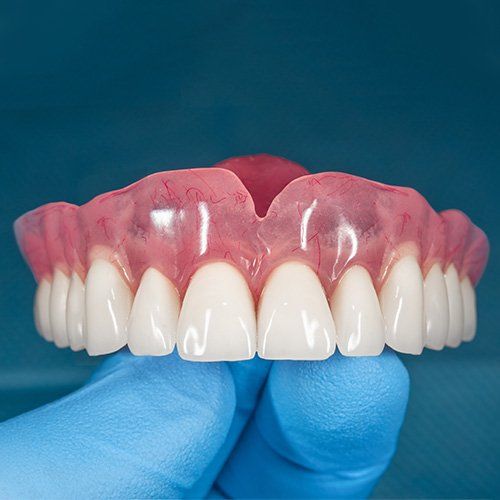
DENTURES
Introduction to Dentures
Dentures, also known as false teeth, are prosthetic devices constructed to replace missing teeth. They are custom-made to fit comfortably in the patient’s mouth and restore the appearance and functionality of natural teeth. Dentures can be complete, replacing all teeth in the upper or lower jaw, or partial, replacing only a few missing teeth.
Types of Dentures
Complete Dentures Complete dentures are used when all teeth are missing in either the upper or lower jaw. They consist of acrylic or porcelain teeth set in a flesh-colored acrylic base that sits over the gums. Complete dentures can be either conventional or immediate, depending on when they are fitted.
Partial Dentures Partial dentures are used when some natural teeth remain in the mouth. They consist of replacement teeth attached to a metal framework or gum-colored plastic base, which is held in place by clasps around existing teeth.
Benefits of Dentures
- Restoration of Functionality: Dentures enable individuals to chew and speak properly, improving their overall quality of life.
- Enhanced Appearance: Dentures restore facial structure and support lips and cheeks, preventing a sunken or aged appearance.
- Boosted Confidence: Having a complete smile with dentures can enhance self-esteem and confidence in social situations.
The Denture Fitting Process
Initial Consultation The dentist evaluates the patient’s oral health and discusses treatment options, including the type of dentures suitable for their needs.
Impressions and Measurements Impressions of the patient’s mouth are taken to create custom dentures. Measurements of jaw alignment and bite are also recorded to ensure proper fit and functionality.
Trial Fitting A trial denture is made from the impressions to assess fit, appearance, and comfort. Adjustments may be made to ensure a perfect fit before the final dentures are fabricated.
Final Fitting Once adjustments are made, the final dentures are fabricated and fitted. The dentist provides instructions on proper care and maintenance to ensure longevity and optimal function.
Caring for Dentures
- Daily Cleaning: Dentures should be brushed with a soft toothbrush and denture cleaner to remove plaque and food particles.
- Soaking: Dentures should be soaked in a denture cleaning solution or water overnight to keep them moist and prevent warping.
- Regular Check-ups: Routine dental visits are essential to ensure the dentures fit properly and to address any issues or adjustments needed.
Potential Challenges and Solutions
Initial Discomfort: It may take time for patients to adjust to wearing dentures, leading to soreness or irritation. Over-the-counter pain relievers and frequent denture adjustments can alleviate discomfort.
Difficulty Speaking or Eating: Patients may experience difficulty speaking clearly or eating certain foods initially. Speech therapy and practicing chewing with small, soft foods can help improve these issues over time.
Bone Resorption: Over time, the jawbone may shrink due to the absence of natural teeth, affecting the fit of dentures. Regular dental check-ups and adjustments can address changes in jaw structure and ensure proper denture fit.
Conclusion
Dentures offer a practical and effective solution for replacing missing teeth, restoring functionality and confidence to individuals with tooth loss. With proper care and maintenance, dentures can provide years of comfort and functionality, enabling individuals to enjoy a full and vibrant smile. Regular dental check-ups and communication with healthcare providers are essential for ensuring the longevity and optimal fit of dentures.


